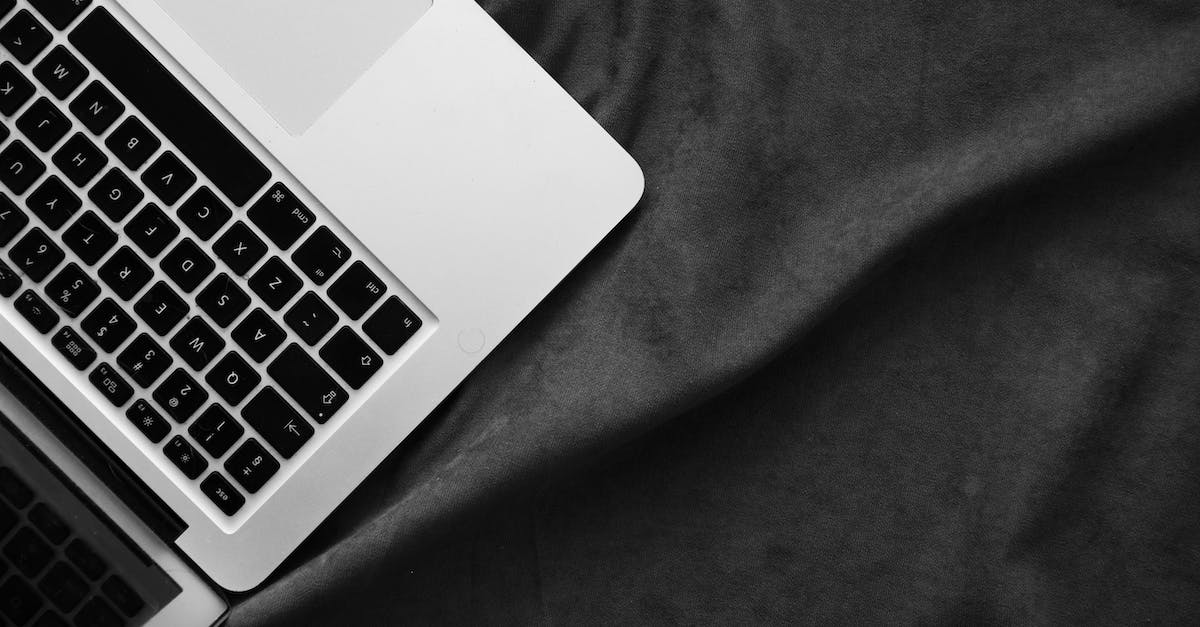How reliable are portable WiFi hotspots in Japan?

Instead of getting a prepaid SIM chip, I'm thinking of renting a mobile wifi hotspot. I've found these two so far. Two questions:
- Are these reliable? I will be mostly in the big cities.
- If I'm not constantly using them, can I leave them on (connected) all day, like my cell phone? Or will I have to reach into my bag and turn it on every time I want to use google maps on my iphone?
- Are they as fast as they claim? If not, what upload/download speeds should I expect in practice? Claimed download speeds range from 7.2 to 42 MBps.
Best Answer
Here's what I've found. If anybody has had personal experience with these hotspots, please share your experience. I would be happy to choose your answer instead of this one, especially if you've tried skyping through it using a smartphone.
As of now (Jan 2012), several companies rent out mobile hotspots. They all seem to be renting out the same device, using the e-Mobile network. Having gone through the list of mobile providers with booths at Narita airport, Pupuru seems to have the best rates.
The devices have a USB socket, presumably used to charge it. It's unclear what shape the socket is (miniUSB, microUSB, or standard USB). I'll be bringing an external battery that comes with all 3 socket types.
The coverage is quite good, and includes major subway systems in Tokyo, Osaka, and other towns. There may be some interruptions at points in between towns (e.g. on the Shinkansen).
The battery life is claimed to be 4 hours of "continuous use". This is about the same as a smartphone, which would make sense given its similar size and function.
The device supports up to 5 simultaneous connections.
Me and my travel companions plan on using the Skype app to make/receive calls. Calling Japan is cheap in Skype. Each minute is 2.6 cents to a landline, 17.5c to a mobile line, vs ~105Y (~$1.35) on a prepaid SIM chip. For $18, I can get a Japanese phone number, so people in Japan can call me at domestic rates.
UPDATE: Ok, so I'm back from the trip, and I did rent a portable hotspot from Pupuru, which connected to the e-mobile network. I was very satisfied and if you already have a smartphone, I would heartily recommend this as an alternative to renting a phone. Google maps was invaluable, particularly in its ability to route you through the subway systems. We always had perfect connectivity in cities, even in the subways of Tokyo and Osaka/Kyoto. As foreseen, the 4-hour battery life is a bit of an issue (same for the smartphones we were using to browse our maps), so the external battery I got is an integral part of this plan. The E-Mobile GP-02 hotspot we rented came with its own standard USB charging cable, which we could plug straight into our battery.
The only place where I lost connectivity was on a 1-hour section of the podunk railroad between Niigata and Sakata. Other than that, it was magically reliable. I even live-streamed skype video to relatives in Russia from the middle of Shinjuku Gyoen park to show them the sakura full bloom.
Renting a Japanese phone number from Skype was slightly less useful than I had hoped for. Many Japanese ticket-buying websites ask for Japanese phone numbers, but they often rejected my Japanese Skype number, because it had a funky area code specific to VOIP numbers. It was fine for supplying to people over the phone, though I did get one guy asking "um, is this really a domestic number?", again due to the weird area code. Receiving calls via the number was also kind of hit-and-miss, since the skype app only buzzed the phone once upon getting a call, instead of ringing. I therefore failed to pick up most of the time.
Whether or not you get a Japanese number, calling Japanese numbers from skype was totally fine, and super-cheap. I did a lot of calling for restaurant reservations and such over our 2 week vacation, and the total bill was well less than $1.
Pictures about "How reliable are portable WiFi hotspots in Japan?"



Is pocket WiFi in Japan worth it?
Is pocket wifi in Japan worth it? Yes. You get more data and faster connectivity speeds than you would with a SIM card, generally speaking. You can also connect multiple devices, like your phone, smartwatch, laptop and tablet, to a single rental wifi router.Is WiFi in Japan good?
That said, some travelers find that wifi is less common in Japan than in other countries, particularly super wired countries like Singapore etc. When you do find wifi in Japan, it is almost always super-fast and very reliable.How does Japan pocket WiFi work?
Renting Pocket WiFi is the simplest way to surf the internet, use your favorite travel apps, and make video calls in Japan. All you need to do is turn it on and then look for the secure signal on your phone, tablet, or laptop. Enter in the provided password to connect and you're good to go.What is the most reliable portable WiFi?
Some are even compact enough to fit in a pocket, making it ideal for staying online on the move.✅ Don't buy a Portable WiFi Hotspot until you see this!
More answers regarding how reliable are portable WiFi hotspots in Japan?
Answer 2
I was in Japan in April, and used a company called Rentafone. They offer 3G or WiMax devices, and post the device out to your hotel or wherever you are staying. It comes with a postage paid return envelope for you to send it back at the end of the trip.
They had excellent support, in native English, with fast response times (via email, often responding within one hour).
The device I rented was a WiMax device, which had medium strength signal indoors in most places, and high in more central areas. The only place it dropped out was between subway stations. There is no cap on data - it is unlimited. The battery lasted around 6-7 hours for me on a full charge, but I kept it plugged in when at home and wasn't using it constantly while out so I didn't test it that much.
The device cost 6900 yen for the first 7 days, then 300 yen for each extra day. It was absolutely worth it and changed the way I handled my life and organization whilst in Japan for the two weeks. I would strongly recommend.
Sources: Stack Exchange - This article follows the attribution requirements of Stack Exchange and is licensed under CC BY-SA 3.0.
Images: Алексей Вечерин, Karolina Grabowska, Karolina Grabowska, Kindel Media
